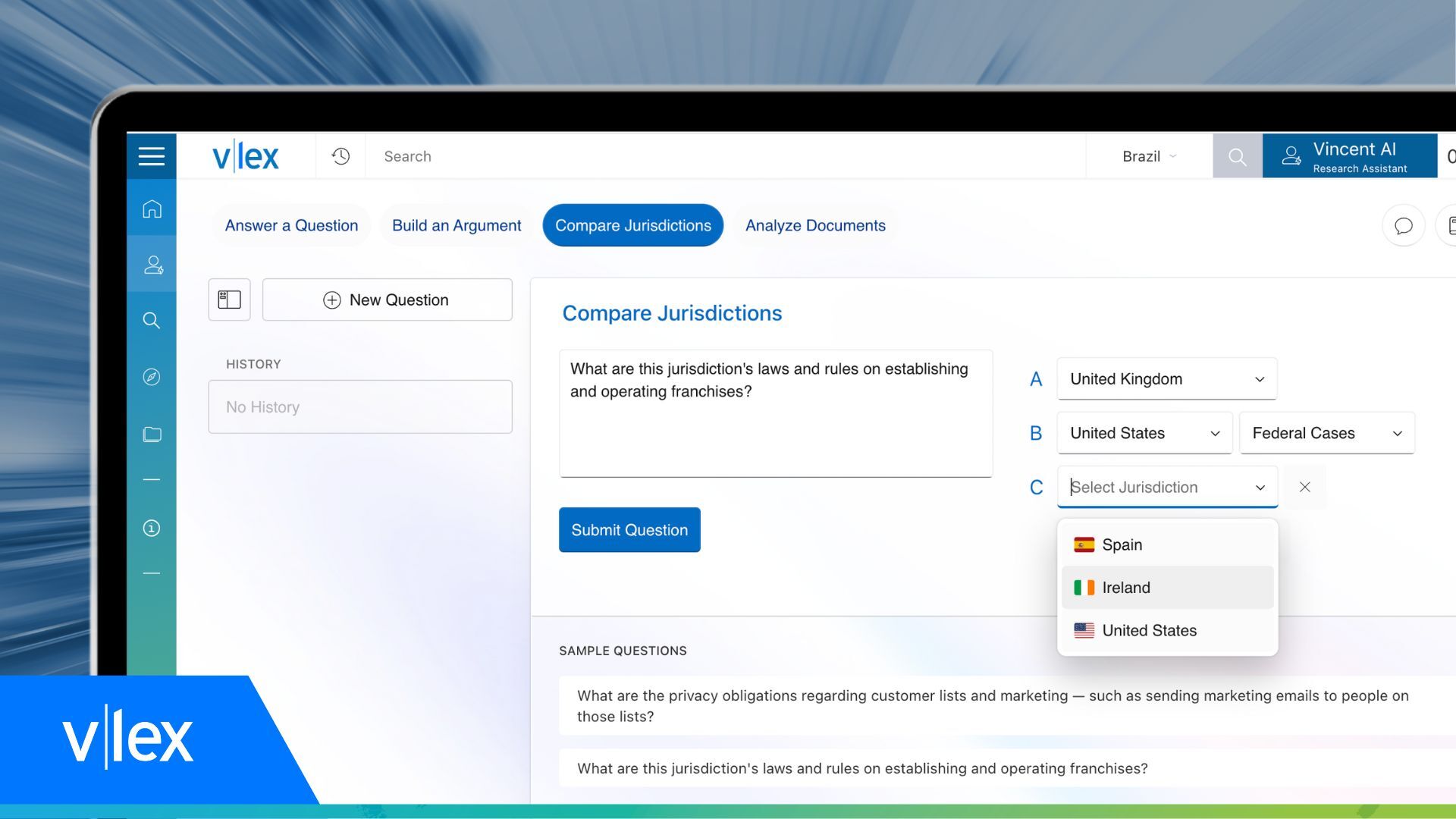Supreme Court Rules Right to Counsel Triggered at Initial Hearing
The U.S. Supreme Court has ruled that a defendant’s right to a lawyer attaches as soon as he is brought before a judicial officer.
The majority opinion (PDF posted by SCOTUSblog) by Justice David H. Souter noted the ABA’s position that counsel should be appointed no later than the initial appearance before a judicial officer. Forty-three states conform to that practice.
The defendant in the case before the court, Walter Rothgery, was arrested in Texas for being a felon in possession of a gun based on a mistaken report that he had a felony drug conviction in California, the Associated Press reports.
Rothgery wasn’t assigned a lawyer until six months after an initial hearing before a magistrate judge, and was held in jail for three weeks when he couldn’t post increased bail. The county policy was to deny appointed counsel until at least an indictment was issued or an information was filed.
“Our holding is narrow,” Souter wrote. “We do not decide whether the six-month delay in appointment of counsel resulted in prejudice to Rothgery’s Sixth Amendment rights, and have no occasion to consider what standards should apply in deciding this. We merely reaffirm what we have held before and what an overwhelming majority of American jurisdictions understand in practice: A criminal defendant’s initial appearance before a judicial officer, where he learns the charge against him and his liberty is subject to restriction, marks the start of adversary judicial proceedings that trigger attachment of the Sixth Amendment right to counsel.”
The case is Rothgery v. Gillespie County.



